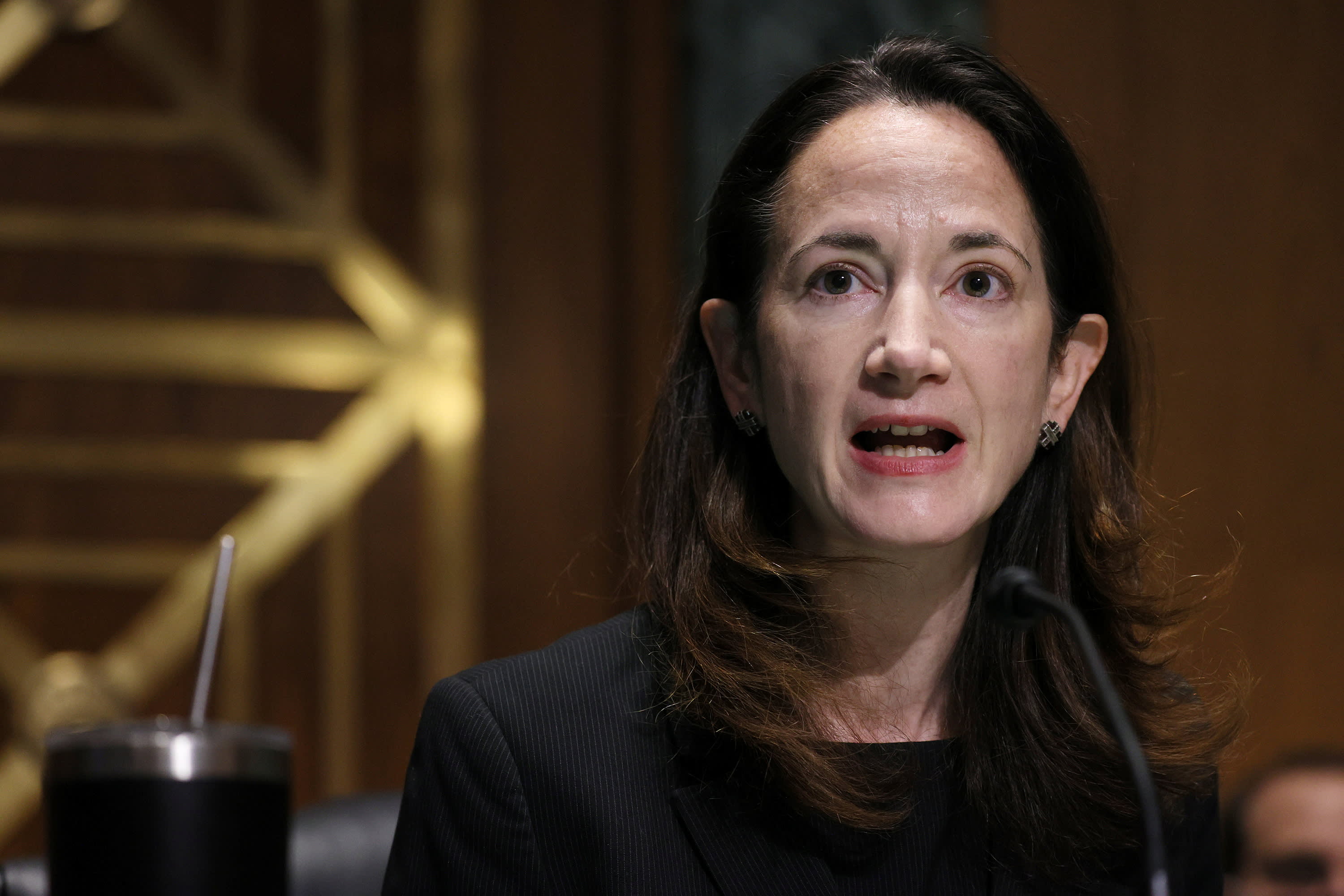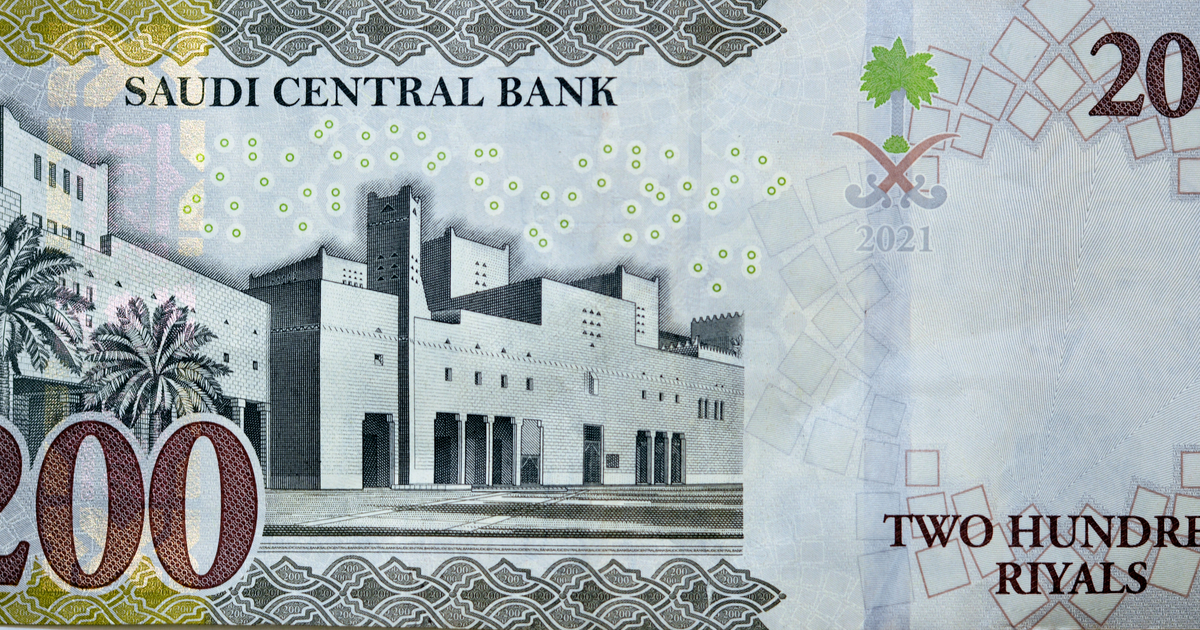Pakistan's finance minister says the country has avoided a Sri Lanka-like default crisis
Pakistan's finance minister said the government has taken steps that'll put the country on the right track but added that the measures will cause pain.

Pakistan's finance minister said the government has taken steps that will put the country on the right track and help the South Asian nation avoid an economic collapse. But that will cause pain for its people, he added.
The country is desperately fighting for its survival as the recent rise in commodity and energy prices have exacerbated its debt problems. It has been struggling to pay for its imports as its official liquid foreign exchange reserves shrank by $754 million to $8.57 billion in the week ended July 22, according to the country's central bank data.
"There were serious worries about Pakistan heading Sri Lanka's way, Pakistan getting into a default-like situation, but thankfully, we've made some significant changes. We've brought in significant austerity, black belt tightening. And I think we've averted that situation," Miftah Ismail told CNBC's "Street Signs Asia" on Tuesday.
"We are now in an IMF program. We have reached the staff-level agreement. We expect to get a board approval later this month. We've taken off subsidies from fuel, from power ... We've raised taxes. So, I think we're headed in the right direction."
Nevertheless, Ismail acknowledged that recent measures taken by the government will be difficult for Pakistan and would mean a lot of pain for the people.
"But look at the alternative. If we had gone the Sri Lankan way this would have been much worse," the minister said.
Debt crisis
Pakistan is facing a serious debt crisis similar to foreign exchange shortage problems that has plagued its South Asian neighbor Sri Lanka this year.
Sri Lanka has been battling shortages of food and fuel amid the worst economic crisis since the island nation's independence in 1948. The country has defaulted on its debt and has asked for relief from the International Monetary Fund.
But unlike Sri Lanka, Pakistan was able to avert bankruptcy by striking a deal with the IMF in July. The country reached a staff-level agreement with the IMF to restart their stalled extended fund facility.
Islamabad will get a first tranche of $1.17 billion from the IMF in the coming weeks, with further loans possible in the months ahead.
"Pakistan is at a challenging economic juncture. A difficult external environment combined with procyclical domestic policies fueled domestic demand to unsustainable levels," the IMF said in a statement.
"IMF has identified a $4 billion funding gap, which is to say that IMF wants our reserves to increase by $6 billion during this very challenging fiscal year," Ismail said. "And of that $6 billion, it says that we have $2 billion and we should try and get $4 billion from our friends. We are mostly there and I think that within a day or two we'll actually have that number."
Tackling inflation
In July, Pakistan's headline inflation soared to 24.93% year on year, according to official data — the highest level since October 2008.
In his budget speech in June, the finance minister highlighted that the government aimed to lower prices by using monetary and fiscal policy in a better way.
"I think that wheat prices are coming down, commodity prices are coming down. Core inflation in Pakistan is still about 12 or 13%, no matter what the headline number is," Ismail told CNBC.
"We've stopped monetary expansion. Our interest rates are quite high now, I think. We should be able to bring back inflation to about where the core inflation is," he added.
The government needed to curtail its imports to bring down oil demand for energy-related items such as fuel and petrol, the finance minister said.
"Now that the imports have come down, the pressure has eased against the Pakistani rupee. In fact, its appreciated about 7% against the U.S. dollar last week. We will see now inflation really taper off," he said.
Looking ahead, Ismail said, it is "very difficult" to give a time frame for when things will improve for Pakistan, though he added that prospects are bright for the economy in the coming months.
"I should think that in the second quarter of this fiscal year, which starts in October, we should be able to get handle of the economy. Our three months number of current account deficits will have come down. Markets will have more belief in our austerity measures. And things will start looking better."
Correction: This report has been updated to accurately reflect Pakistan's official liquid foreign exchange reserves.

 Tekef
Tekef 





























